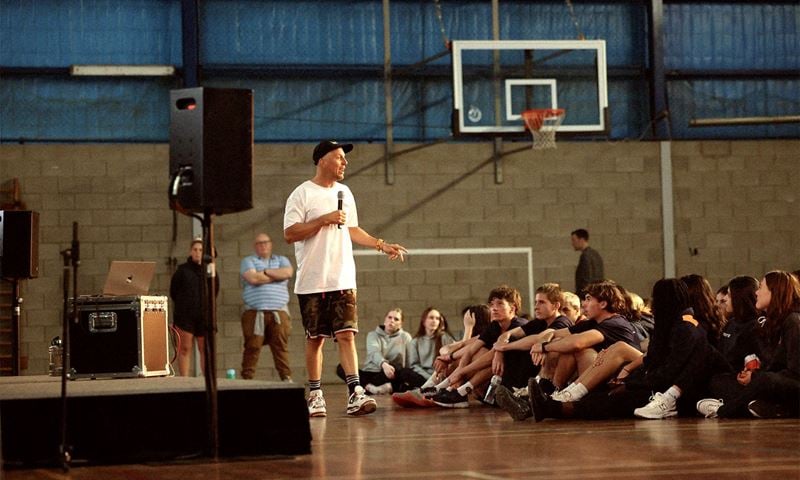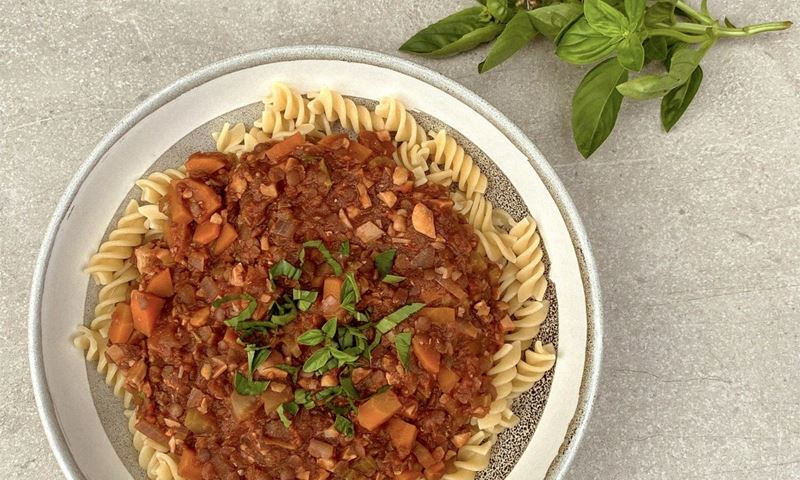All families are unique. They come in all shapes and sizes, with different needs and circumstances. For most, the family environment and family relationships could have the biggest impact on life outcomes. Positive family relationships can help children and young people flourish, but adverse experiences can negatively impact mental health, wellbeing and subsequent development.
Research shows the quality of family relationships is more important than their size or composition. All members of a family group have a role in building strong, positive relationships to support children and young people’s mental health.
To help best understand what it takes to build and maintain healthy family relationships, Beyond Blue encourage a number of worthwhile tips and strategies.
How can you build a healthy family?
In healthy family relationships, people trust and rely on each other for love and support. Families often share common goals and work together to reach those goals. For example, children and young people may help to get the dinner dishes done, so everyone can relax and enjoy each other’s company.
Healthy family relationships mean that positive interactions outnumber the difficult times. Adults experiencing difficult life situations can provide learning opportunities in teaching and modelling coping strategies – children and young people shouldn’t be burdened with stress, but it’s helpful for them to see families successfully managing it with positive coping strategies.
What are the key qualities of a healthy family?
Research from Australians in the Family Strengths Research Project has identified the key qualities of a strong family unit, which include:
- Resilience – being able to tolerate difficulties and adapt to changing situations in positive ways.
- Support – offering and asking for support, with family members knowing they will receive help, encouragement and reassurance from one another
- Commitment – seeing family wellbeing as a priority
- Communication – listening to each other and communicating with openness and honesty
- Togetherness – sharing similar values and beliefs that create a sense of belonging and bonding
- Affection – showing affection and care regularly through words, hugs, kisses and thoughtfulness
- Acceptance – understanding, respecting and appreciating each family member’s unique qualities
The three biggest challenges in family relationships were highlighted as:
- Communication breakdown
- Parenting issues
- Difficult relationship dynamics
It’s important to note that sometimes family relationships involve conflict, which is a normal part of family life. In healthy relationships, these conflicts are dealt with in a safe and respectful way.
How can I support my family to be healthy and thriving?
There are many things you can do to help your family actively build a healthy and strong relationship. Acknowledge that there are multiple influences that may impact on your family’s relationship and wellbeing, especially children and young people, but feel confident knowing that there are strategies to overcome them.
Supportive strategies to encourage your family to thrive are:
- Communicate openly, freely and respectfully with family members to build trust.
- Identify everyone’s strengths.
- Recognise and discuss children and young people’s behaviour at home and model problem-solving skills so they become more confident at resolving their own conflicts.
- Have engaged family discussions to organise family events through shared decision making and work through social and emotional difficulties together while sharing resources.
- Telling each other what you like about your family and giving positive feedback and reinforcement.
- Including children and young people in decisions affecting them. For example, giving younger children choices to help them make decisions.
The take home message
Children and young people need the support of a nurturing, well-functioning family from adult members. The strength of family relationships can directly impact development and wellbeing of all members.
Remember, getting support from other families, friends or professionals when help is needed is important. As an individual in your family, you are in a unique position to build, support and maintain the level of emotional health and strength of your family.
It is valuable to create healthy habits, as it may prevent poor mental health and promote wellbeing in a family unit. So, why not start now and make smart healthy choices for you and your family.
For more information
- Be You by Beyond Blue
- Kids Helpline



